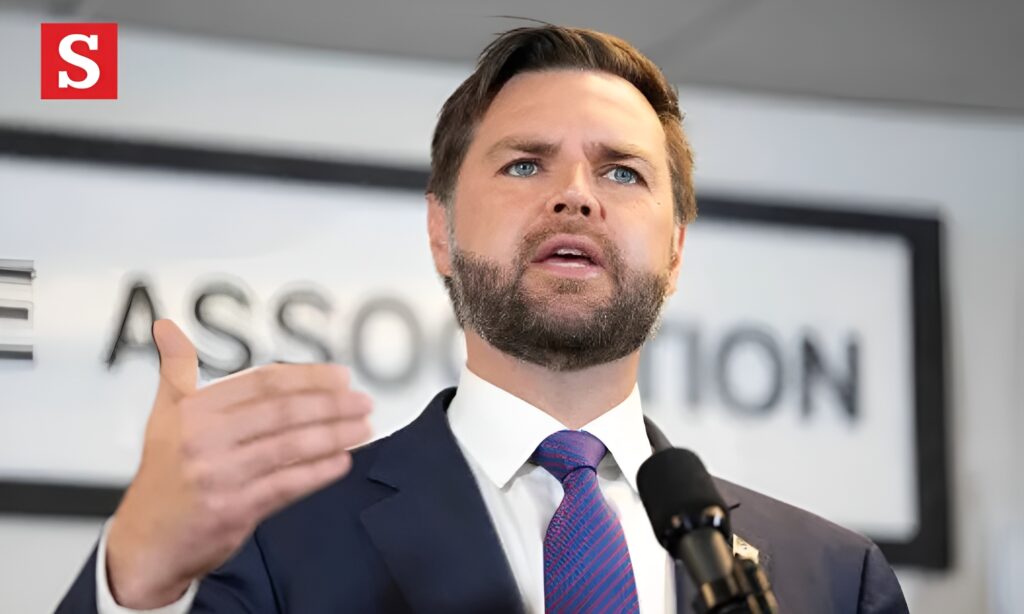The “Vance Dossier” has captured the attention of political analysts, journalists, and the public, fueling debates about its implications and authenticity. This article explores the dossier’s origins, its controversial contents, and the broader impact it has had on public discourse. By diving into the details, we aim to provide a comprehensive understanding of the dossier while optimizing this content to rank highly on Google.
What is the Vance Dossier?
The Vance Dossier is a collection of leaked documents allegedly connected to JD Vance, the Republican senator from Ohio. The dossier surfaced through investigative reporting by Ken Klippenstein, shedding light on potentially compromising information. It has become a focal point in discussions about the intersection of politics, cybersecurity, and media ethics.
Key Revelations in the Dossier
The contents of the Vance Dossier are both controversial and eye-opening. Among the key revelations are:
- Allegations of connections between JD Vance and groups with foreign interests, including claims of ties to entities linked to Iran.
- Evidence suggesting coordination between political campaigns and international hackers.
- Insights into the inner workings of political strategies and alliances that remain unverified but highly contentious.
For a detailed breakdown of the revelations, Newsweek provides an in-depth analysis that underscores the potential ramifications of these claims.
The Role of Journalism in Uncovering the Dossier
Investigative journalism has played a pivotal role in bringing the Vance Dossier to light. Ken Klippenstein, a journalist known for his work in exposing classified information, published the dossier, sparking a wave of media scrutiny and political backlash.
However, this act of transparency came at a cost. Klippenstein faced significant challenges, including a visit from the FBI. This incident, documented by the Press Freedom Tracker, highlights the risks journalists face when uncovering politically sensitive information.
The Cybersecurity Angle: Alleged Hacking Connections
One of the most concerning aspects of the Vance Dossier is its alleged connection to cyberattacks and hacking. Reports suggest that the leaked documents may have originated from international hackers with links to Iran. These claims have heightened concerns about foreign interference in U.S. politics.
Such allegations underscore the growing threat of cyber warfare and the need for robust cybersecurity measures. The dossier has become a case study in understanding how digital vulnerabilities can be exploited to influence political narratives.
Political Ramifications
The Vance Dossier has had a ripple effect on U.S. politics, particularly within the Republican Party. JD Vance, a prominent figure aligned with former President Donald Trump, has faced intense scrutiny since the dossier’s release. Critics argue that the allegations, if proven true, could undermine his credibility and political standing.
Supporters of Vance, however, have dismissed the dossier as a politically motivated attack, emphasizing the lack of concrete evidence to substantiate the claims. This divide reflects the polarized nature of modern political discourse.
Ethical Considerations
The release of the Vance Dossier has raised important ethical questions:
- Journalistic Responsibility: Should journalists publish leaked information without verifying its authenticity?
- Public Interest vs. Privacy: How do we balance the public’s right to know with the need to protect individuals from undue harm?
- Political Weaponization: To what extent should leaked information be used as a tool for political gain?
These questions remain central to the ongoing debate surrounding the dossier.
Broader Implications for Media and Society
The Vance Dossier is not just a political story; it’s a reflection of broader societal trends. From the increasing role of hackers in shaping public discourse to the ethical dilemmas faced by journalists, the dossier encapsulates the complexities of the modern information age.
Additionally, the controversy highlights the importance of media literacy. In an era where misinformation is rampant, understanding the nuances of such stories is crucial for informed decision-making.
Conclusion
The Vance Dossier serves as a powerful reminder of the interplay between politics, cybersecurity, and media ethics. While the veracity of its claims remains debated, its impact on political narratives and public discourse is undeniable. As the story continues to unfold, it underscores the need for transparency, accountability, and a critical approach to consuming information.




